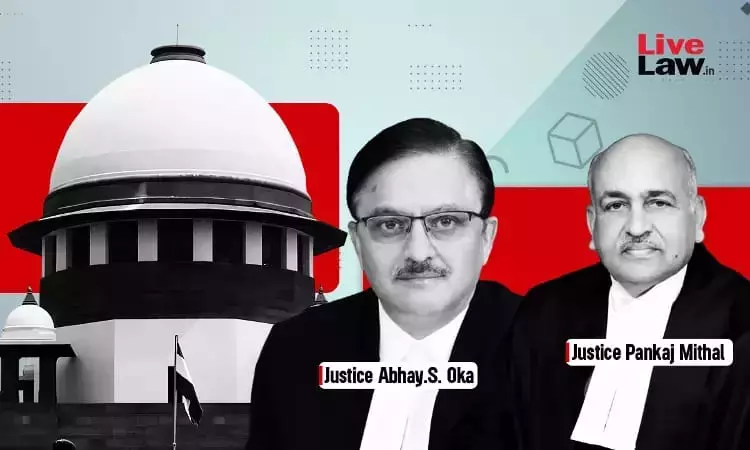The Supreme Court, while quashing a case for abetment of suicide against an accused, discussed the essentials to convict a person under Section 306 of the Indian Penal Code(IPC). It is pertinent to note that “Abetment” is defined under section 107 IPC. The Court explained that, for the first part of Section 107 to apply, the accused must have intentionally encouraged and pushed the...

